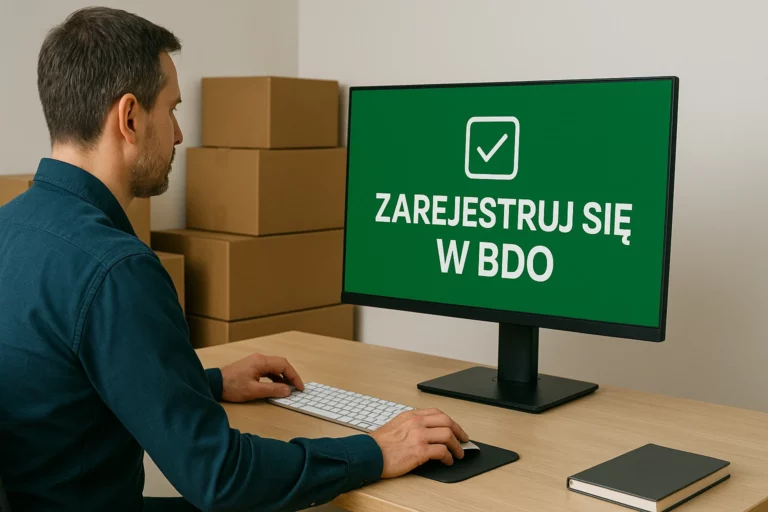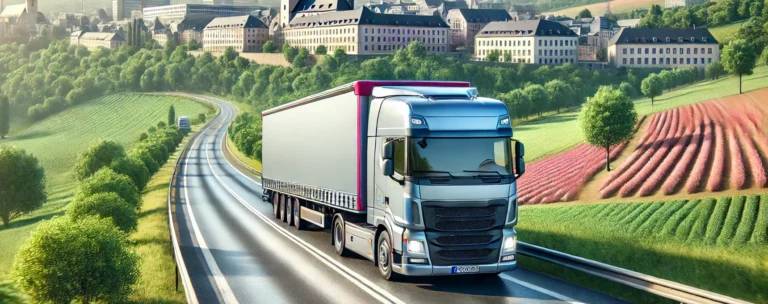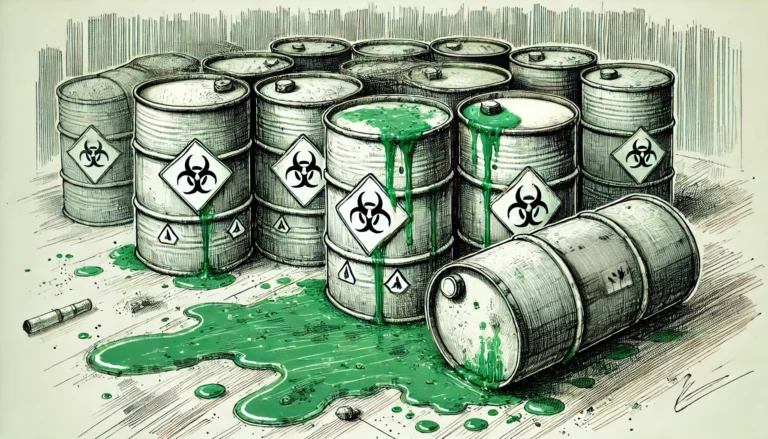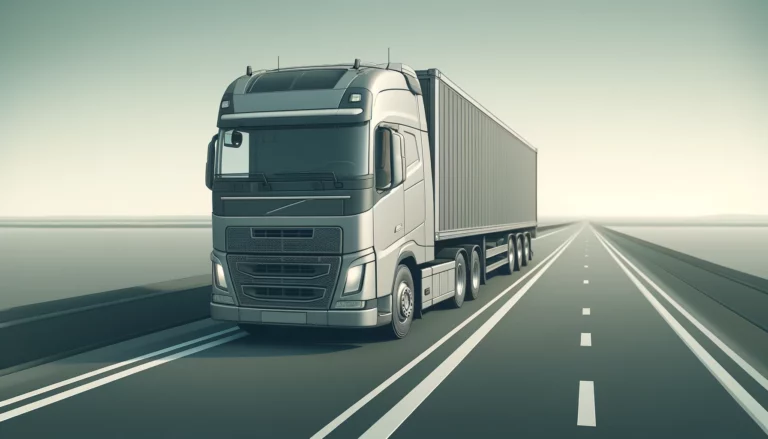Want to recycle metal waste? Find out what to look out for
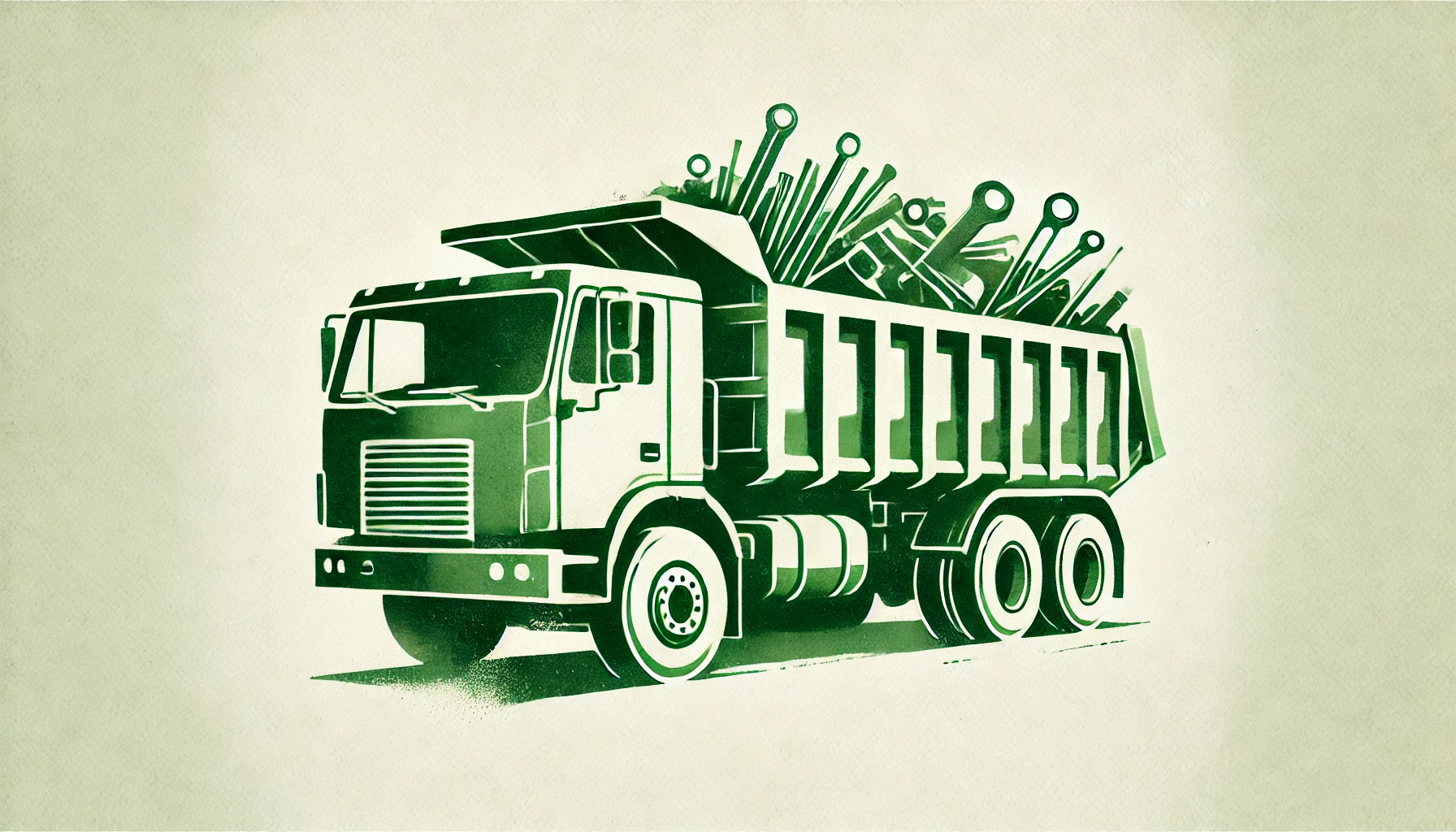
Metal waste plays a key role in the modern circular economy model. Metals, being a non-renewable resource, require a responsible approach - their recovery reduces the need to exploit primary deposits, reduces emissions and energy consumption, and supports the development of a green economy. What should we look out for when we want to recycle metal waste?
Need help arranging the collection of metal or other waste?
According to the CSO, the amount of packaging waste generated within the European Union increased by as much as 13.6 million tonnes (representing 20.5%) between 2009 and 2019. Of this, the largest share was paper and cardboard wastes - by 6.2 million tonnes (23.7%), as well as plastics by 3.2 million tonnes (26.4%) and wood by 2.0 million tonnes (19.8%). Significant increases were also recorded for glass waste (by 1.9 million tonnes, 13.9%). This also included metal packaging waste, which increased by 0.2 million tonnes (6.7%). But although their percentage share may seem small, it is worth noting that metal waste is one of the most valuable secondary raw materials, as it has a high recycling value and the possibility of being recycled again and again without losing its properties.
Over the same period, the amount of packaging waste recycled increased by 10.0 million tonnes (24%). This increase covered all major fractions: plastics (+2.1 million tonnes, 52%), paper and cardboard (+4.7 million tonnes, 22%), glass (+2.3 million tonnes, 25%) and wood (+0.4 million tonnes, 11%). Against this backdrop, metal waste recycling also recorded an increase of 0.4 million tonnes (14%), demonstrating the increasing efficiency of recovery systems for this important group of materials.
Metal waste ≠ scrap
In everyday language, the terms 'scrap metal' and 'metal waste' are sometimes used interchangeably, but in a legal and technological context they mean something completely different. Scrap metal is metal waste that is already prepared for recycling - it is sorted, cleaned of paint, plastics or other impurities, and often compressed or shredded. Their raw material value is high and they are ready for remelting.
Metal waste, on the other hand, is a much broader category. It can include scrap metal as well as contaminated items mixed with other materials such as plastic, rubber and even hazardous waste. Their preparation for recycling requires much more work and cost.
Mistakes in nomenclature often lead to misclassification of the waste, which may result in the recycler refusing to accept it or in an administrative fine. It is therefore advisable to always consult a waste management expert for classification.
Separate collection obligation: metal waste vs. building segregation
In accordance with Article 101a of the Waste Act From 1 January 2025, it is required to separate construction waste into different fractions: wood, glass, plastics, gypsum, mineral waste. Also metals must be separated from other fractions in the course of business.
However, this is a major challenge for contractors - it not only requires accurate marking of containers, the use of appropriate bins, but also the training of workers. Metal waste from construction sites is also sometimes contaminated with, for example, plaster, concrete or insulation materials, which makes it very difficult to recycle. It is often necessary to clean them up or redirect them to recyclers who specialise in treating difficult fractions.
How to recycle metal waste - procedures and documentation
The responsibilities of each entity involved in the shipment of waste to a recycling facility include:
Waste producer
- Waste classification - assigning the correct waste code from the catalogue (e.g. 17 04 05 for ferrous metals, 17 04 01 for copper, bronze and brass).
- Retrieved from - keeping records in BDO, issuing the Waste Transfer Note (KPO) and completing the Waste Inventory Card (KEO).
- Choice of eligible recipient - verifying that the recipient holds a valid treatment or recovery authorisation for the waste fraction concerned.
- Compliance of waste weight with the declaration - non-compliance may result in the waste being refused and having to be returned to the shipper.
Carrier
- Registration with BDO (Chapter VII) - necessary for the legal transport of waste.
- Completion of the transport section of the KPO - date, time, weight of waste, vehicle registration number.
Recycler (recipient)
- Processing/recovery authorisation - i.e. a decision issued by the provincial marshal or the GIOŚ.
- Acknowledgement of receipt at BDO - approval of waste transfer and completion of documentation.
- Keeping records of waste - with a breakdown of accepted and processed masses, types of recovery, etc.
Documents required for the transfer of metal waste
- Waste Transfer Note (KPO)
- Mandatory for weights in excess of 100 kg.
- It should include: waste code, weight, carrier and consignee details, date of transfer.
- Issued in the BDO system.
- Waste collection contract (recommended)
- It is worth concluding with a recycler or broker.
- It should clarify the scope, frequency of collection and responsibilities of the parties.
- Invoice or document of circulation of secondary raw material
- Tax and accounting aspects need to be considered when selling scrap metal (rather than waste).
- Proof of relevant qualifications
- Each participant in the operation should check the others in terms of their entitlement to carry out a specific activity.
The most common mistakes made when sending metal waste for recycling
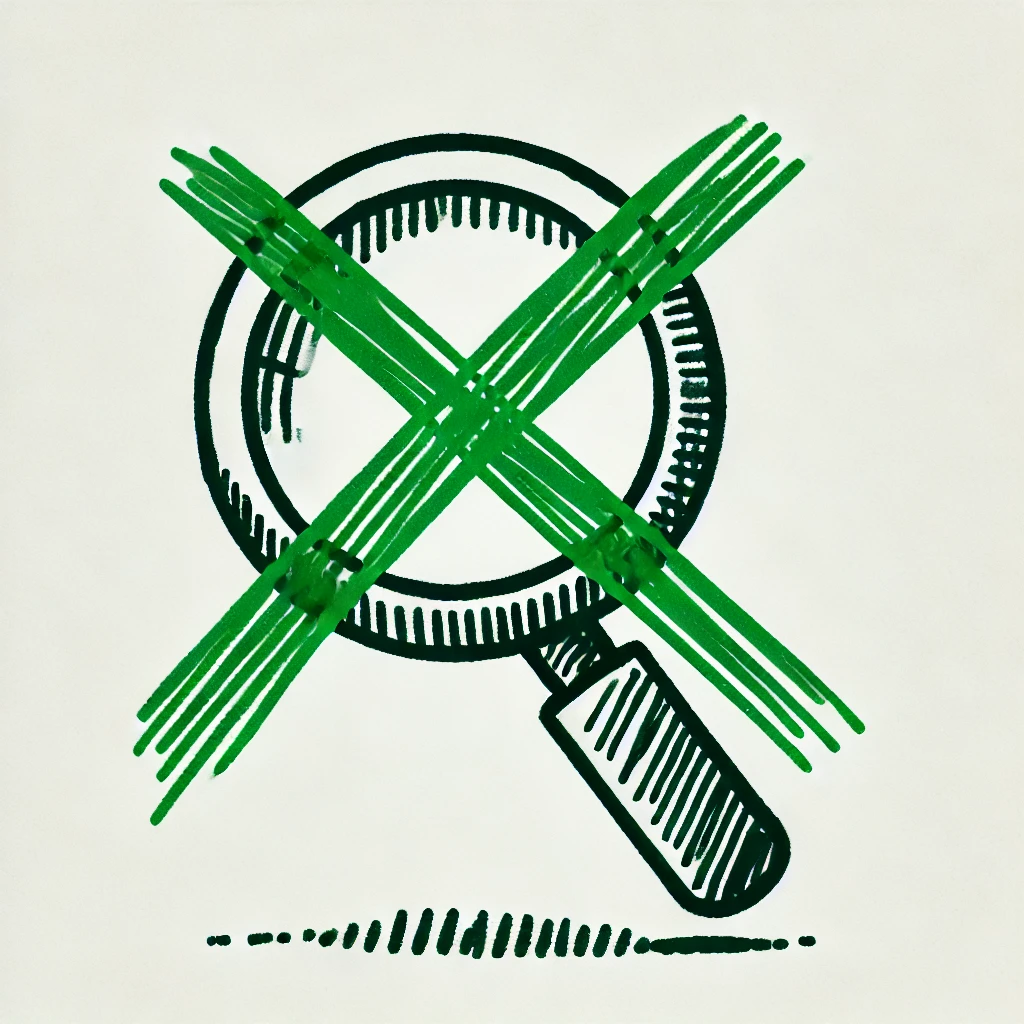
Transfer of waste as scrap without verification
Cause: Misclassification of waste.
Implication: Incorrect waste code, administrative penalty, refusal of collection.
Solution: Consultation of classification with an expert, training of staff.
Transfer of waste to a company without the required permits
Cause: No verification of the entity in BDO.
Implication: Joint and several liability, administrative proceedings.
Solution: Each time the documentation is checked in the public registers.
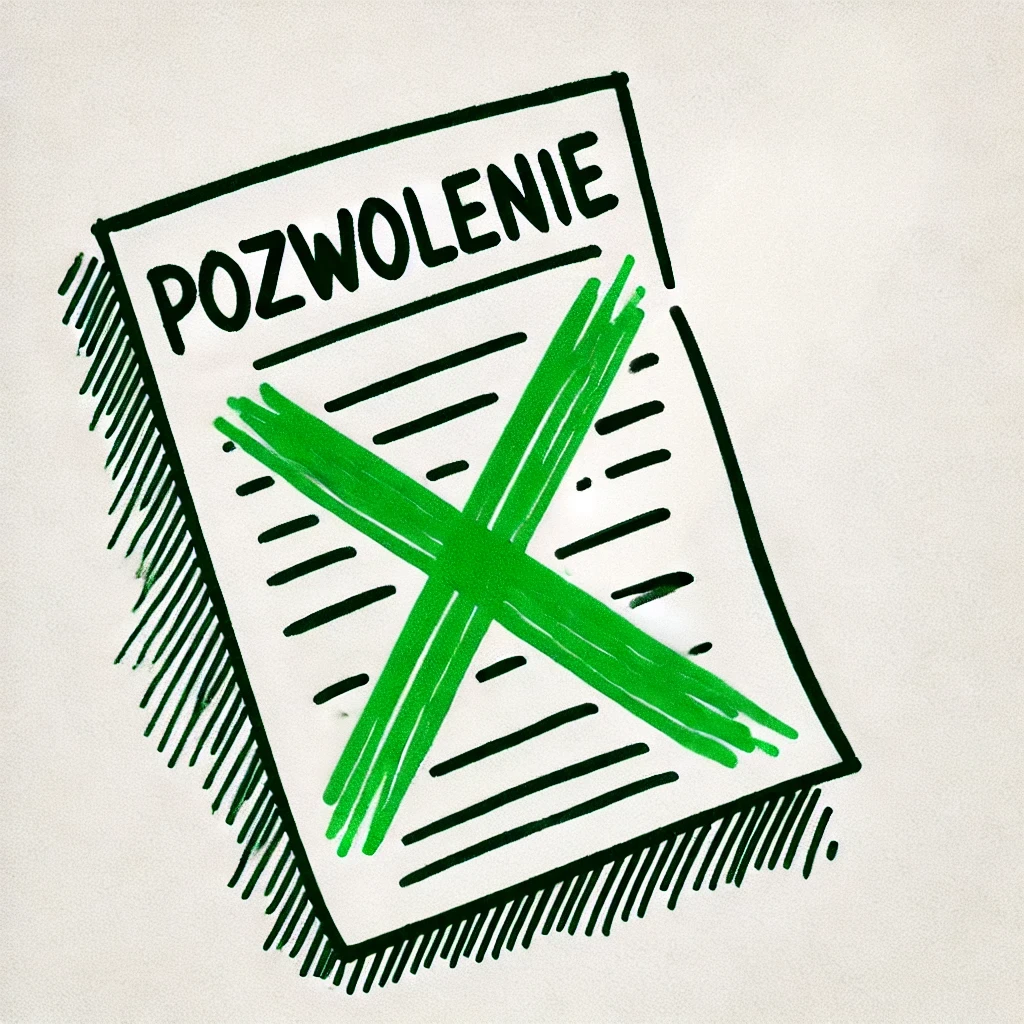
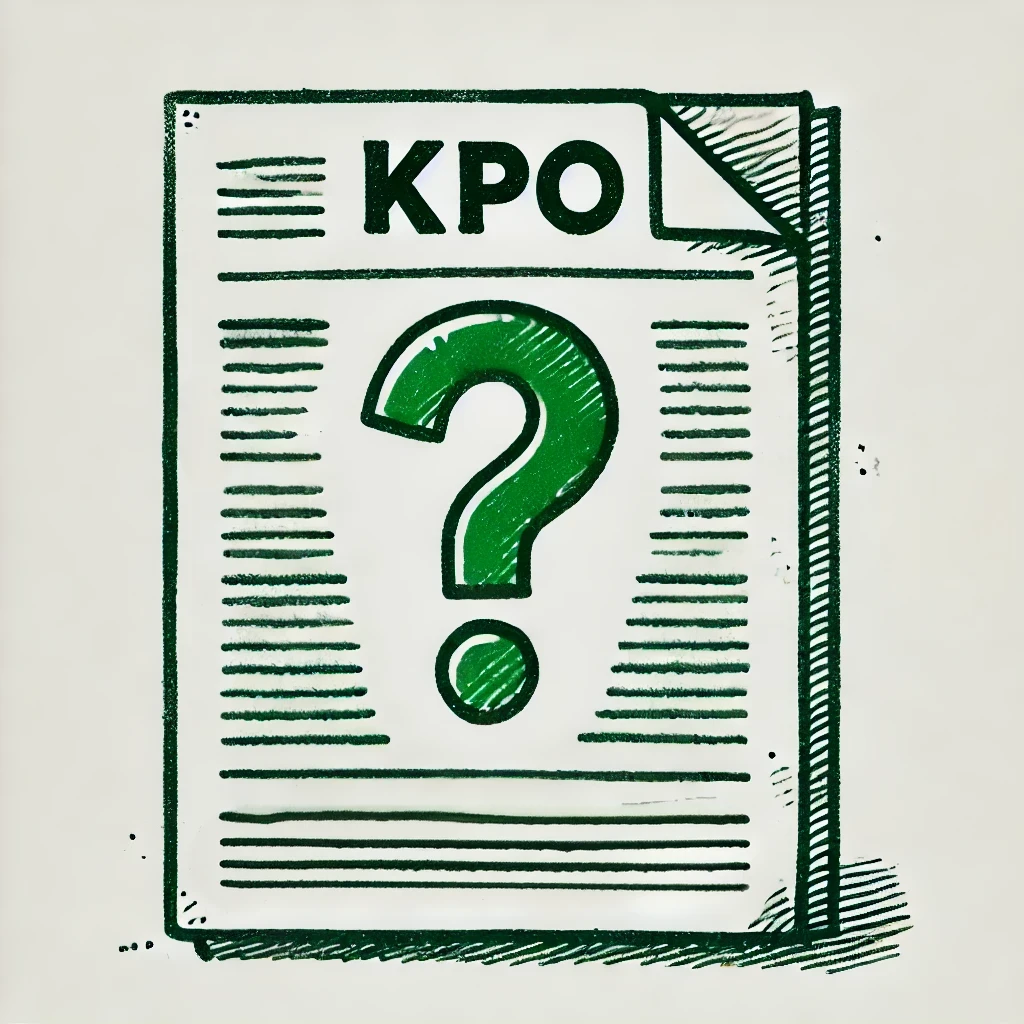
Lack of documentation or incorrect data in the KPO
Cause: Employee oversight, lack of internal procedures.
Implication: Penalty of up to £1 million, need to re-deliver waste.
Solution: Establish and implement document control procedures.
Unprotected storage of waste
Cause: Lack of storage infrastructure.
Implication: Soil contamination, problem of acceptance by recycler.
Solution: Separation of a paved, marked storage area.
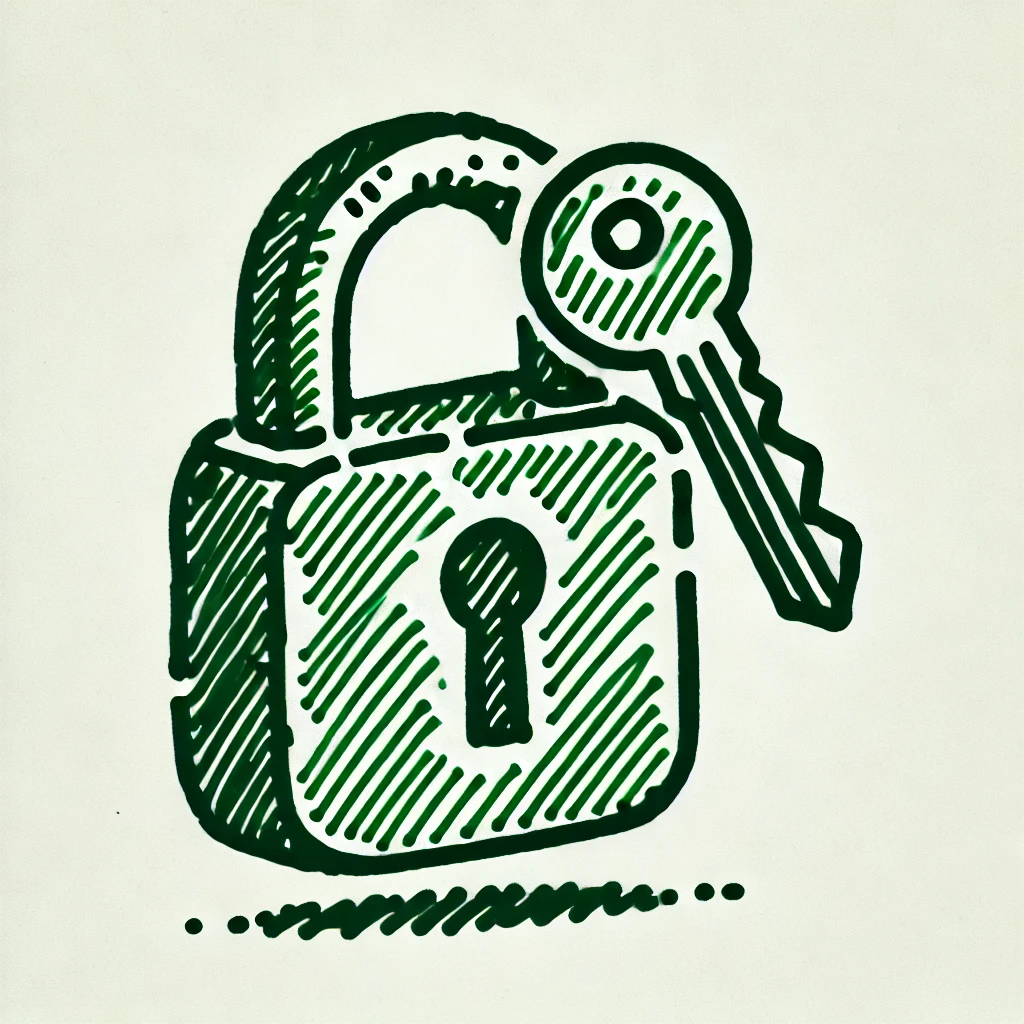
Good practice in metal waste management
- Label containers with waste codes - In this way, you will facilitate identification and minimise the risk of misclassifying the waste.
- Protect waste from the weather - moisture and corrosion reduce the raw material value.
- Conduct regular staff training - by knowing the procedures, your team reduces errors and speeds up operations.
- Verify contractors with BDO - This will save valuable time and protect the company from penalties.
- Ensure that the waste is weighed at the point of loading and unloading - In this way, you will eliminate inaccuracies in the weight of the waste.
- Create documentation procedures - This will provide you with consistency of action and transparency in the event of an audit.
- Work only with legal recyclers - Be sure to verify the entitlement of the entity to which you want to send your waste. This will give you a guarantee of its proper management.
- Perform regular audits - In this way, you will detect possible irregularities in waste management.
- Keep records min. 5 years - This is a legal obligation and an evidentiary safeguard.
- Report any incidents to environmental authorities - rapid response reduces the risk of penalties.
Organise your metal waste recycling with our help
For more than 10 years, Ecologistics24 has been supporting companies in waste management - from the BDO system to organising national and international transport. In the field of metal waste recycling, we offer:
- Assistance in the preparation of the necessary documentation
- Verification of the legality of recyclers and hauliers
- Organisation of transport in accordance with regulations
- Consultation on the correct recording and control of waste weight
With our experience, we ensure legal security, minimise risks and increase the efficiency of the entire process. Contact us today and ensure that your waste is properly managed.
How do I recycle metal waste? - frequently asked questions
BDO
Yes. A company must obtain an entry in section XII of the BDO system even before it starts operations if it intends to generate metal waste (e.g. as a result of dismantling equipment, demolition work, etc.) .
Yes, if significant amounts of waste generation are involved, the company must additionally apply for a waste generation permit by submitting an application to the provincial marshal with jurisdiction over the place of operation. On the basis of the rights thus acquired, the company will be entered in the BDO in section XI (ex officio entry).
Records must be kept (Waste Transfer Notes - WTP, Waste Accounts - WER), but separately for each location where waste is generated, and annual reports must be submitted by the end of March. Failure to do so or inconsistencies in the records may lead to sanctions .
SEGREGATION
Construction waste must be separated into at least six fractions: metals, wood, glass, plastics, gypsum, mineral waste.
WASTE
Depending on the specific nature of the business, the company can classify metal waste under the following codes according to the current Waste Catalogue:
01 01 01 Waste from metal ore mining (except 01 01 80)
01 03 07* Other wastes containing dangerous substances from physical and chemical processing
processing of metal ores
01 03 80* Wastes from enrichment by flotation of non-ferrous metal ores, containing
hazardous substances
02 01 10 Metal wastes
06 04 04* Waste containing mercury
06 04 05* Wastes containing other heavy metals
10 08 10* dross and skimmings that are flammable or emit
flammable gases in contact with water in dangerous quantities
10 10 03 dross and skimmings
12 01 03 Waste from turning and sawing of non-ferrous metals
15 01 04 Metal packaging
16 01 17 Ferrous metals
16 01 18 Non-ferrous metals
This is just an extract from the aforementioned catalogue. More information can be found on the page dedicated to this document.
The collector of your waste must have an entry in the BDO and a permit to collect specific waste codes. In the case of metal fractions, the collector will usually provide special containers or bags for specific waste. The transport itself should take place in accordance with the data included in the KPO, together with the BDO number of the consignor and the consignee .
Yes, but this can only be done on the basis of a contract specifying the responsibilities of the entity doing the segregation.

